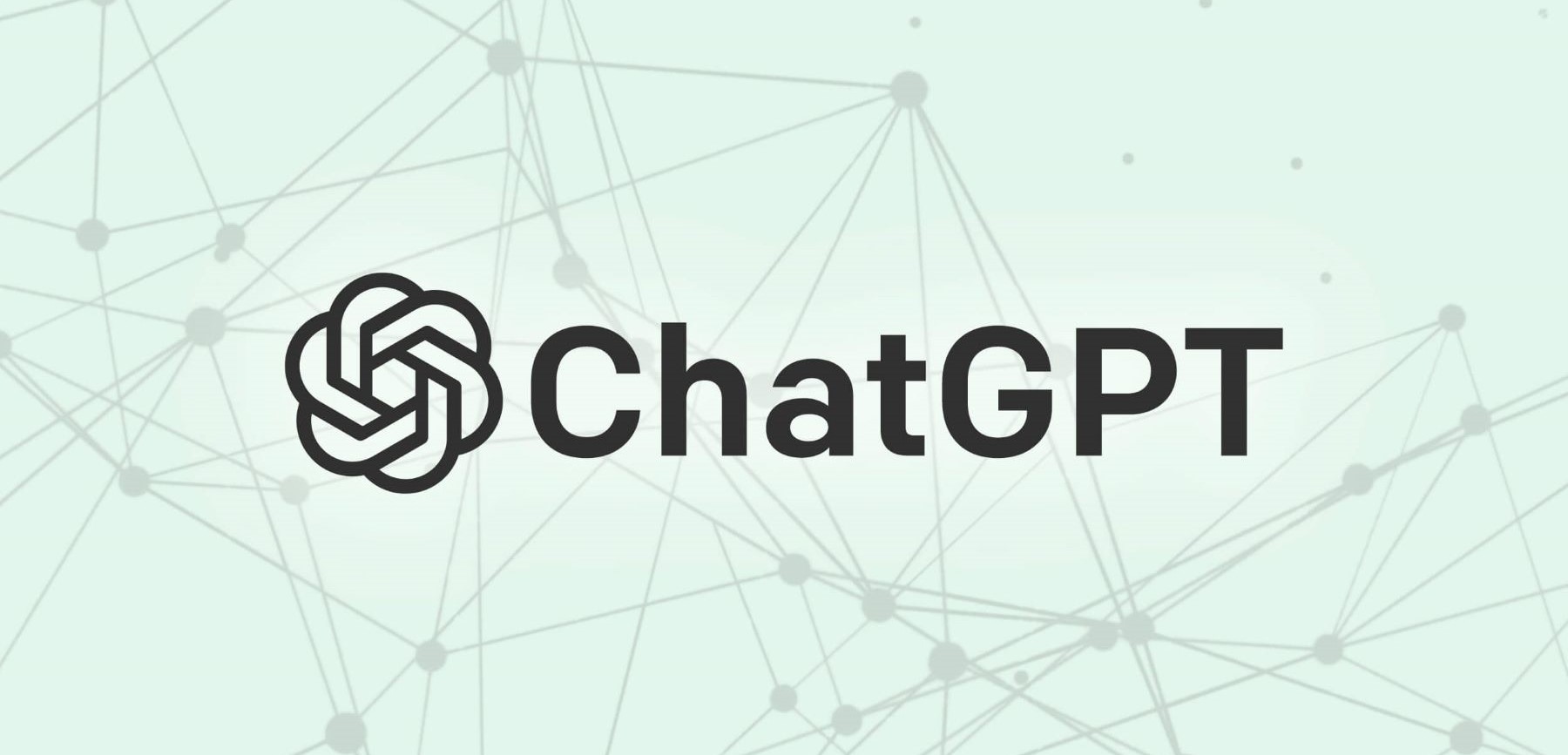SHOULD ACADEMIA ADOPT CHATGPT?
By Eniola Olatunji
On November 30, 2022, OpenAI released Chat GPT (generative pre-trained transformer), a chatbot with artificial intelligence. It stands out for giving users the ability to shape and direct a conversation toward a preferred duration, format, style, level of detail, and language utilized. ChatGPT works by using the prompts given to generate a comprehensive answer/write-up. Consequentially, ChatGPT has been employed by students, authors, writers, and other personnel in numerous fields. While ChatGPT and other artificial intelligence models have the potential to revolutionize how people engage with technology, they might also have unforeseen negative effects on critical thinking and education.
The simplicity and comfort of text generation made possible by artificial intelligence (AI) may deter students from coming up with their theories and carrying out independent research, which will result in a lack of creativity and originality in their work. This issue is particularly important in topics that call for analytical, creative, or critical thinking, including math, literature, and other courses relating to the arts. Students must learn to engage with complicated concepts and viewpoints in these subjects and to construct their arguments and interpretations based on creativity and analysis. Over-reliance on AI language models may compromise these abilities and result in a lack of intellectual curiosity and autonomous thought.
Read Also: How Students Can Leverage ChatGPT to Enhance Academics
Presenting someone else's work or ideas as your own in the academic setting is known as plagiarism. This serious infraction can result in poor marks, academic sanctions, and reputational harm. Because you are presenting someone else's work as if it were your own, it is critical to understand that using AI technologies to create your essay is plagiarism. It is nevertheless crucial for students to understand how to correctly cite sources and give credit to others for their ideas, even though some may claim that employing AI to generate text is not technically plagiarism.
The Academic community is divided on whether ChatGPT should be embraced, limited, or outrightly banned. Prominent universities like Oxford University and Cambridge University have banned the use of ChatGPT. A third of the elite Russell Group Universities have similarly banned it. In contrast, other universities like Glasgow University, and University College London, are open to its use, though with guidelines. Locally, no Nigerian University has issued an express official ban on ChatGPT.
In my opinion, I would opt that ChatGPT be out rightly banned because not every invention ought to have been invented.
Eniola Olatunji is a law
student at the University
of Ibadan. He enjoys
researching into new
areas of life, reading
comics and writing plays.





